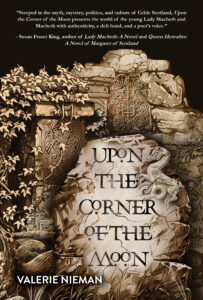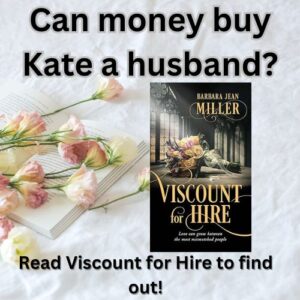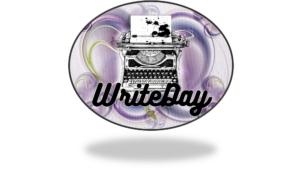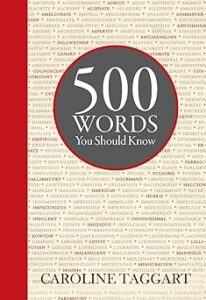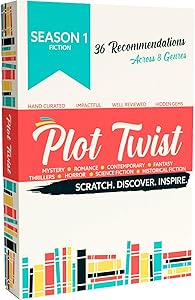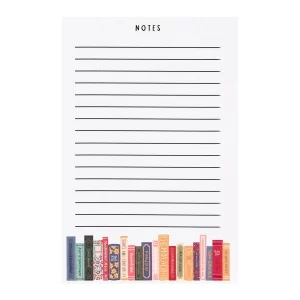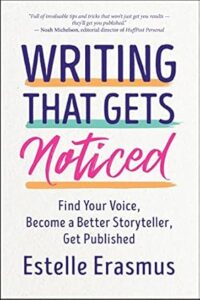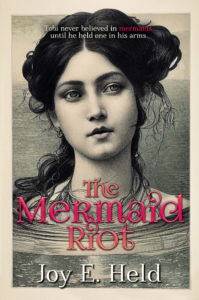GUEST POST FROM AUTHOR VALERIE NIEMAN
Saturday, 5 April 2025
Welcome historical fiction author Valerie Nieman with a fascinating perspective on researching for her novels.
Tracing Flickering Lights in the Dark
Not so long ago, most of us were putting away the strings of Christmas lights, hoping we won’t find a tangle when we open the bin again come November. That never seems to happen – somehow, the sets manage to knot themselves and cannot be easily pulled into the neat linear strings we expect. Where did all this complication come from?
It can be a bit like that, researching historical fiction. We expect to find a more or less continuous story, a reasonable thread of action and consequences, but history is more tangled than we think. Conspiracy theories aside, the reasons for an incident are often less than clear, people’s motivations are complicated, and people (or nations) may act in unreasonable ways. And history, as we know, is told by the victors.
I began working on my first historical fiction novel, Upon the Corner of the Moon, 30 years ago. People are shocked to learn that! Now I haven’t been writing continuously for three decades, but I have been working. Lots of reading, spells of writing, then back to research. As I was drafting and redrafting, I spent time writing other books – five novels, three books of poetry, a college history. I also went to Scotland on two month-long trips to hike, visit historic sites and museums, and generally “get the lay of the land.”
In this age of “instant art and writing” from AI, the thought of spending a third of a lifetime on one project seems a bit – obsessive. And it is. I came onto the story of the historical Macbeth while researching another book and was intrigued at how my favorite play had completely twisted the story. When I plunged into research for a novel on this topic, I didn’t imagine how deep that rabbit hole could go.
Those working in recent (20th century) historical fiction or studying well-documented eras have the benefit of newspapers, government records, previous histories– but in the more ancient past, records may be few or fragmentary, and they can be severely slanted because of religious or political considerations. Shakespeare based his play on Holinshed’s Chronicles, itself a compilation of earlier chronicles. At each iteration, legends became attached to history, cultural misunderstandings were amplified, and the actual Macbeths were slandered so that the current ruling dynasty might plump up its lineage.
I read original sources such as the “Life of St. Columba” by Adomnan, medieval handbooks of penance, an 18th century survey of the province of Moray that detailed the landscape of my book. I read sagas from the Norse and Danes, which provided some meat but also a lot of gristle: Names are replaced with epithets, dates might not match up, and the details of battles – well, remember that these were composed to glorify the jarl.
Scholarly sources were of great help in understanding the political landscape of northern Europe, from the Cnut’s Great North Sea Empire to the shifting Anglo-Saxon kingdoms. Scotland itself was not united into roughly the form we expect until the early 11th century, under Malcolm II, who welded Strathclyde and Lothian to Alba, and his grandson Macbeth who solidified this realm. The Western Isles remained under control of the Norse, and Orkney was an independent kingdom claiming parts of the north (Caithness).
I also read a lot of books on ancient matriarchal religions and guides to Pictish symbol stones and Celtic runes.
Secondary sources, from popular books to deeply scholarly analyses, were important in helping me untangle the chain of events that led to Macbeth’s death and the change from old Celtic patterns of kingship to primogeniture. That’s why the second book is titled The Last Highland King, because after Macbeth, Scottish rulers were highly Anglicized and connected to the lowlands.
Ultimately, I had to make decisions between competing sources. Was this man a nephew, or an uncle? Did this battle occur in 1054 or 1057? Some recent works invaluable in sorting wheat from tares included Macbeth Before Shakespeare by Benjamin Hudson, Picts: Scourge of Rome, Rulers of the North by Gordon Noble and Nicholas Evans, and The Wolf Age by Tore Skeie.
Research is like that pile of twinkling lights – you see the glimmers, study how the knots have formed, and with patience and some good advice, make a tangle into something that can illuminate the dark.
Thank you, Valerie!
BOOK: Upon the Corner of the Moon
AUTHOR: Valerie Nieman
GENRE: Historical Fiction
BLURB: At the dawn of the second millennium, two royal Scottish children are swept away from their families—Macbeth to the perilous royal court of his grandfather, Gruach to the remnants of the goddess-worshiping Picts. Macbeth learns that blood bonds are easily severed while Gruach finds her path only to lose it when she’s summoned back to the patriarchal world. They struggle with gaining and losing power, guided and misguided by prophecy and politics as their paths converge in a fiery bid for royal succession. Upon the Corner of the Moon separates literary legend from the reality of rulers who changed the face of Scotland. While closely following recorded history about Macbeth, it also speculates on the heritage of his wife Gruach, drawing on the Neolithic settlement of Alba and the mysterious legacy of the Picts. “Upon the Corner of the Moon is a haunting and bloody tale of Scottish history. It’s also a finger tracing along a set of scars, ones we already know are too deep to ever really heal,” said the Pittsburgh Post-Gazette.

ABOUT THE AUTHOR: Valerie Nieman’s debut historical novel, Upon the Corner of the Moon, is the story of the young Macbeths, destined to unite Scotland in the tumultuous 11th century. To learn more about the people and landscapes, she wandered Scotland from coast to coast and spent many happy hours in museums, libraries, and small pubs. She is the author of a short fiction collection, three poetry books, and six other novels, including In the Lonely Backwater, winner of the 2022 Sir Walter Raleigh Award, which was called “not only a page-turning thriller but also a complex psychological portrait of a young woman dealing with guilt, betrayal, and secrecy.” Her novel Blood Clay won the Eric Hoffer Prize in General Fiction. To the Bones, a horror/Appalachian/ecojustice novel, was a finalist for the 2020 Manly Wade Wellman Award, and now has a sequel, Dead Hand. A graduate of West Virginia University and Queens University of Charlotte, she has held state and National Endowment for the Arts fellowships is professor emerita of creative writing at NC Agricultural and Technical State University.
Advertisement
The wealthy Kate Hamilton must marry the wounded viscount she is sheltering in her London townhouse since saving his life has ruined her. But he is a perfect candidate since he needs to marry well. When he seems reluctant, Kate proposes hiring him as her husband to disguise her love for him.
Hugh Bartram, Viscount of Dancy, has never met anyone like levelheaded Kate, thrusting herself into a scandal to save his sister from gossip. He resents Kate trying to solve everything with money, even as he admits her heart is in the right place.
Just as they wed, his sister elopes, and Dancy is captivated by the unconventional Kate as they ride across England together to prevent another scandal.
This article may contain affiliate links which may result in the author receiving a commission when readers purchase items through the links.
You are receiving this message because you previously signed up for notifications or participated in a program/course with Joy. You may unsubscribe at any time.


